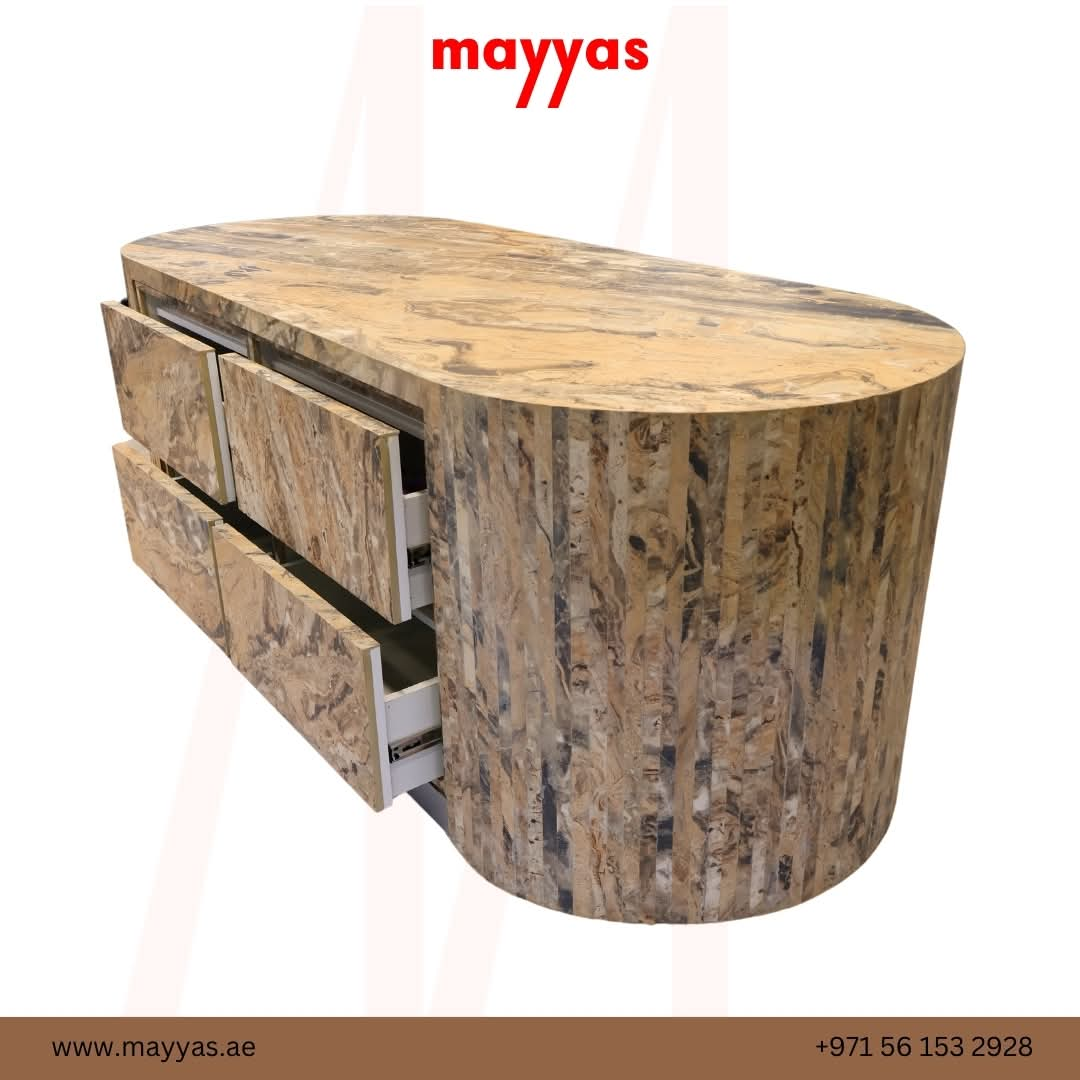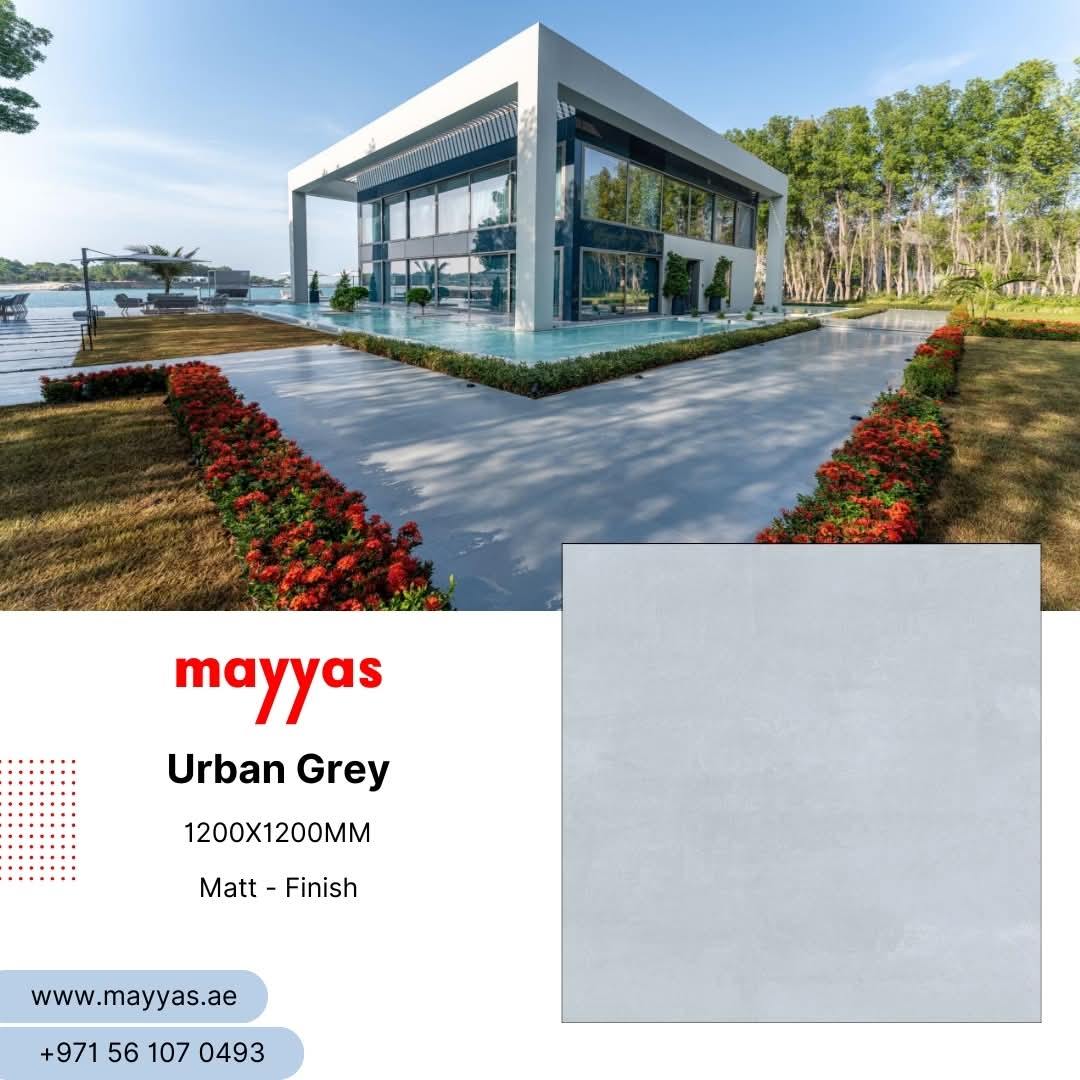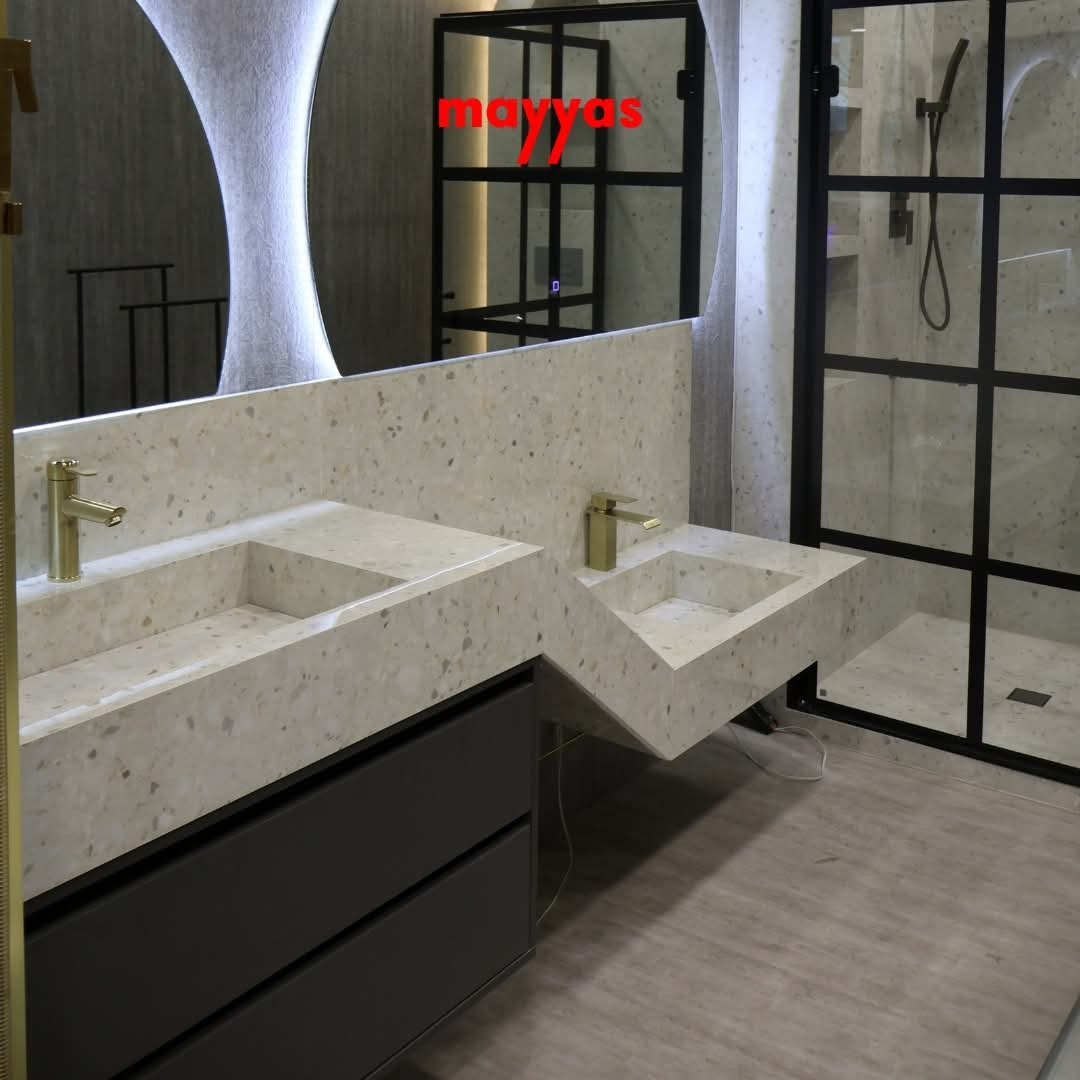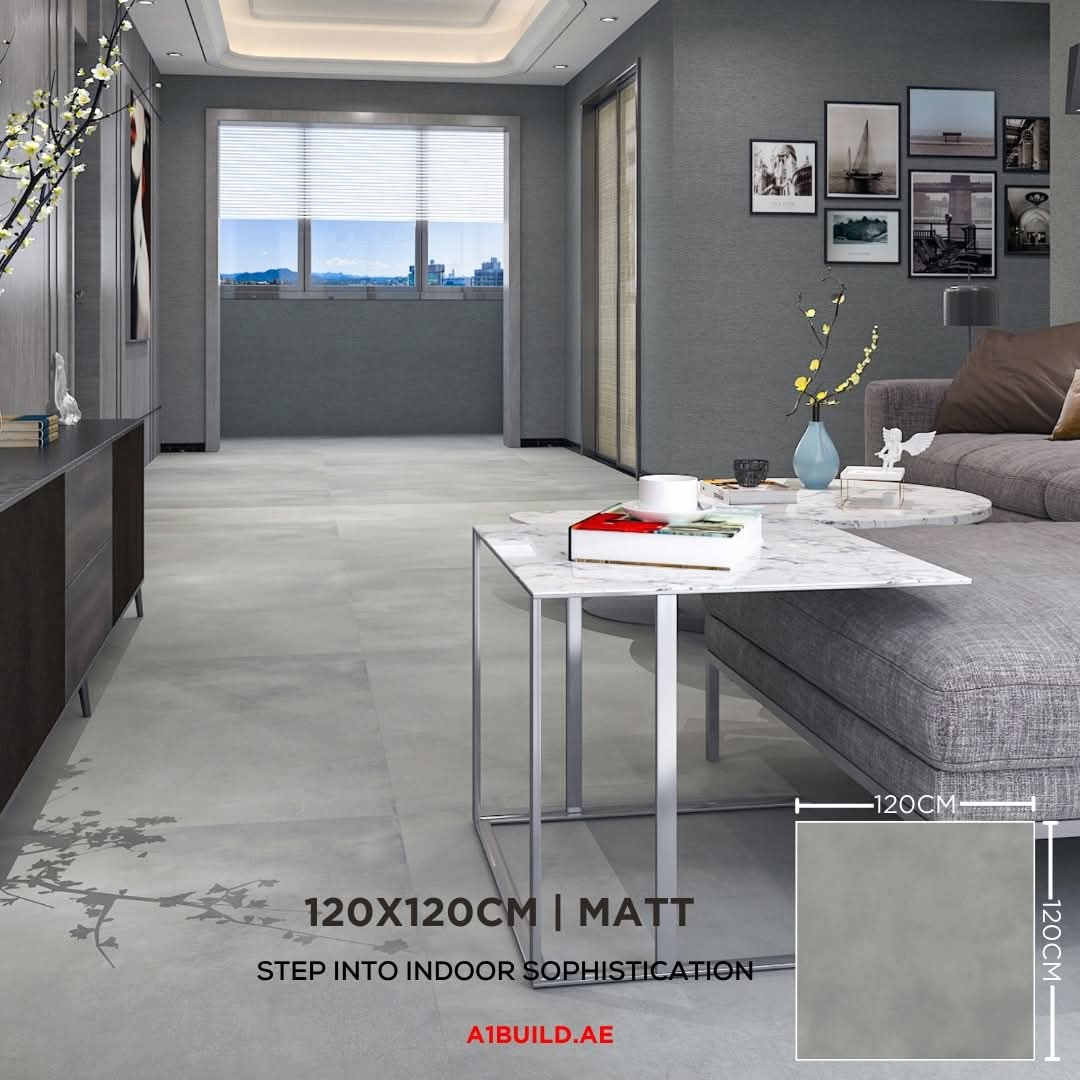Mayyas Interio Trading LLC – Redefining Tiles and Sanitary Wares in Dubai
🧾 Business Overview
Established in 2024, Mayyas Interio Trading LLC has quickly made a name for itself in the UAE’s competitive building materials industry. Located inside DH Square, 6th Street, Al Quoz Industrial Area 1, Dubai, Mayyas Interio is strategically positioned to serve architects, interior designers, construction companies, and homeowners across Dubai and beyond. With a strong focus on tiles and sanitary ware, the company combines elegance, durability, and functionality in every product. Whether it’s a residential upgrade or a large-scale commercial project, Mayyas Interio delivers with style, innovation, and customer-first service. Operating from 09:00 AM to 07:00 PM, the team is available throughout the day to assist with design consultations, material selection, and logistics coordination.
✔️ Credibility
Although a new entrant in the market, Mayyas Interio Trading LLC has quickly earned the trust of both customers and industry professionals by staying committed to quality and aesthetics. Each product is carefully sourced from globally renowned manufacturers to ensure long-lasting performance and appealing designs. The company maintains strong relationships with top-tier suppliers and adopts rigorous quality control practices to meet both international and regional standards.
Clients appreciate not only the range of available materials but also the level of personalized service offered. The team at Mayyas Interio takes the time to understand each client's vision, providing expert recommendations based on space, style, and functionality. With transparent pricing, clear timelines, and a commitment to excellence, Mayyas Interio is becoming a go-to choice for interior and construction professionals in Dubai.
🛠️ Products and Services Offered
Mayyas Interio Trading LLC offers a curated collection of building materials and interior design essentials, with a specialization in:
Tiles and Sanitary Ware – Choose from a wide range of wall tiles, floor tiles, and sanitary fittings that combine design and practicality. Perfect for both residential and commercial use, the products are available in various sizes, colors, and finishes.
Mosaics and Mixers – Add a unique aesthetic touch to your interiors with designer mosaic tiles and high-performance water mixers suited for kitchens and bathrooms.
Vanity Counters – Explore custom vanity counter designs made from high-grade materials that offer both functionality and style.
Dining Tables & Kitchen Islands – Mayyas Interio offers bespoke solutions for kitchen islands and dining tables crafted with luxurious materials, ensuring they become centerpieces in any home.
Kitchen Counters – Engineered for durability and modern appeal, the kitchen countertops available at Mayyas Interio are designed to withstand daily use while enhancing the beauty of the cooking space.
Whether you are remodeling a single room or building an entire space from the ground up, Mayyas Interio provides tailored solutions to match your design intent and project scale.
📍 Location Overview
You can find Mayyas Interio Trading LLC inside DH Square, located on 6th Street, Al Quoz Industrial Area 1, Dubai. This central industrial hub is easily accessible for residents and contractors across the city. The location offers ample parking and showroom space for visitors to view product samples and have in-depth discussions with the sales and design team.
Its operating hours from 09:00 AM to 07:00 PM make it convenient for both weekday and weekend visits, giving clients the flexibility to explore product options at their own pace. The team is always on hand to assist with material selection, provide samples, and arrange timely delivery across Dubai and nearby emirates.
👥 Customer Testimonials
💬 “Mayyas Interio exceeded my expectations. Their team helped me select the perfect vanity counter and tiles for my bathroom renovation. The quality is excellent, and the service was very professional.”
– Fatima R., Jumeirah
💬 “We sourced kitchen islands and floor tiles from Mayyas Interio for our new villa. Everything was delivered on time and installed without hassle. Their attention to detail and product quality is outstanding.”
– Mohammed A., Al Barsha
❓Frequently Asked Questions
Q: What type of tiles do you offer?
A: We provide a wide selection of wall and floor tiles in various sizes, finishes, and designs—perfect for bathrooms, kitchens, and living spaces.
Q: Do you stock sanitary ware products?
A: Yes, we offer premium sanitary ware including sinks, toilets, shower trays, and more, designed for both luxury and functionality.
Q: Are your products suitable for commercial projects?
A: Absolutely. Our product range is ideal for both residential and commercial interiors, including hotels, restaurants, and office buildings.
Q: Do you customize vanity counters and kitchen islands?
A: Yes. We offer customized solutions based on your design preferences, space dimensions, and material requirements.
Q: Where is your showroom located?
A: We are located inside DH Square, 6th Street, Al Quoz Industrial Area 1, Dubai, opposite Arci Foodstuff Trading.
Q: What are your working hours?
A: We are open from 09:00 AM to 07:00 PM, Saturday to Thursday.
Q: Do you offer delivery services?
A: Yes, we provide timely delivery services across Dubai and neighboring cities.
Q: Can I get design assistance?
A: Our in-house team will be happy to help you choose the right materials and suggest design options based on your space.
For elegance, durability, and design that speaks for itself, Mayyas Interio Trading LLC is your trusted partner for tiles, sanitary ware, and custom interior materials in Dubai.














